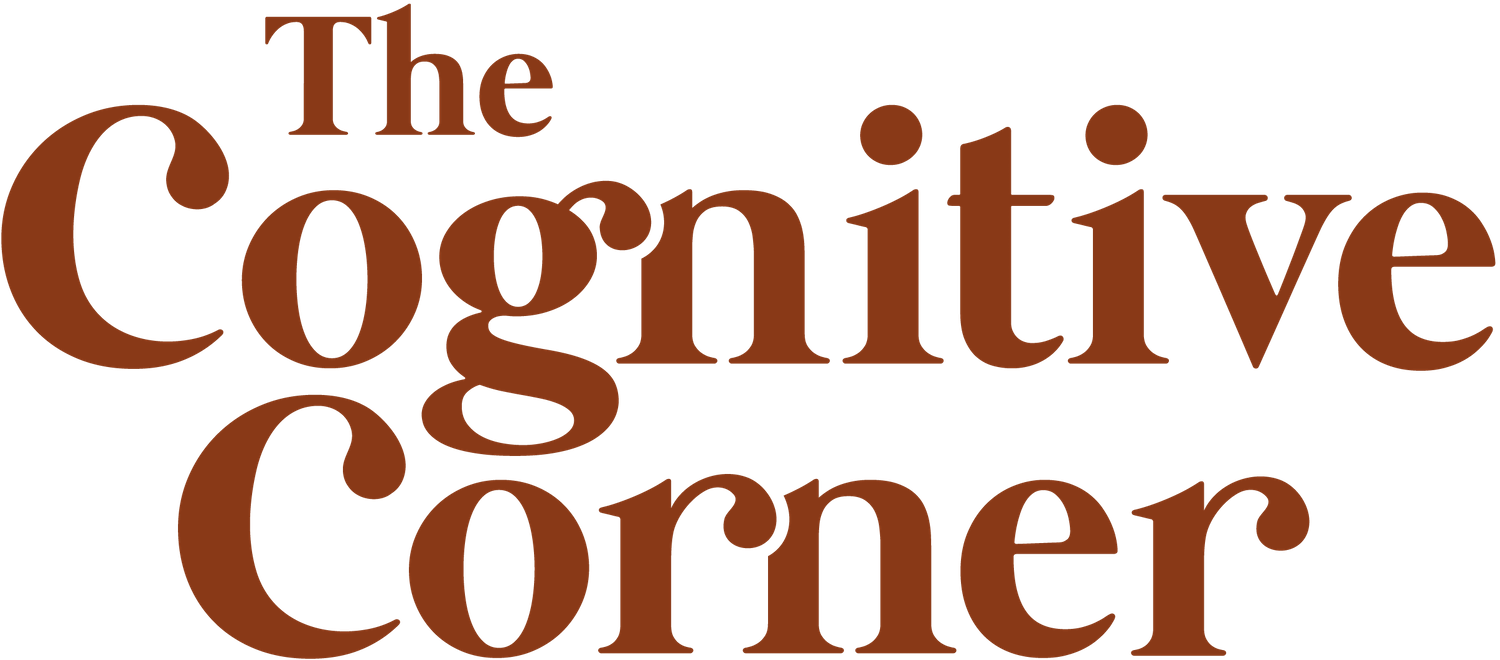Can I Use ChatGPT for Therapy? Pros, Cons & What to Know!
So, there’s this thing going around where people are saying things like “ChatGPT helped me more than x- years of therapy”. Interesting, right? It can be helpful sometimes, but it’s important to be cautious and not become reliant on it. This post breaks down how AI might actually be useful for mental health, the red flags to watch for, how to use it safely, and more. All you need to know!
How does ChatGPT work? And why is it important to be mindful of this when asking AI for mental health advice?
Alright, so here’s the deal: ChatGPT runs on a massive language model that was trained using a bunch of data pulled from all over the internet. It’s also trained to sound conversational, meaning, it’s super-fast at sending replies that feel human and convincing. What it is actually doing is breaking your message into little pieces, looking at patterns in language from examples like books, websites, articles, etc. and then guessing the next word, repeatedly, until it builds a full response. So, it's very important to be aware that current AI models don’t truly understand what you’re saying and instead they just simulate understanding by predicting what sounds right based on patterns.
AI is lowkey changing the game in terms of how we get information, converse with each other, and even how we seek out emotional support. It’s 24/7, accessible, and can keep up a conversation going for hours.
Why Do People Consider Using ChatGPT as a therapist?
To be honest, we get that therapy isn’t always the most accessible thing. So why are people turning to AI for support? Here’s the breakdown:
Always there: No need to wait weeks for an appointment or deal with scheduling. AI like ChatGPT is accessible 24/7 meaning it’s ready when you are.
Low-cost or free: Therapy can cost a lot, but most AI tools are free or at least way cheaper.
No judgment zone: Some people think that when not talking directly to another person, it feels safer, more private, and a little easier to open up.
Instant replies: You don’t have to wait. Just type and boom, you have an answer.
Historic negative experiences: Some people have had poor experiences with therapists, who were perhaps invalidating, hurtful or unhelpful.
Given these reasons, it makes sense why a lot of people are turning to ChatGPT for support. The rates of mental health crises are increasing, people are more distressed and lonelier than ever before, and it’s a genuine attempt at seeking the support they need.
When Might it Be Okay to Use AI for Mental Health Support?
Reaching out for support matters, and sometimes you just need something quick, easy, and less intimidating. Here’s a few ways in which AI can be a useful tool:
✅ Psychoeducation and breaking down mental health stuff in a way that’s easier to understand.
✅ Practicing convos, tough decisions, or setting boundaries — without the pressure.
✅ Sorting your thoughts or helping you reframe negative thinking
✅ Journaling and self-reflection, as sometimes just typing it out helps you process more than you’d think
The Risks When You Use Chat GPT as a psychologist
Just like with anything, it’s good to be aware of the risks associated! Here are a few things we recommend you keep in mind:
Human Connection & Trust: One of the biggest parts of therapy is the relationship and trust you build with your therapist. That connection piece, whether in person or online, helps you feel safe and supported. It’s pretty hard to get that when you don’t actually know who you’re talking to.
Training: ChatGPT pulls from many sources and may be able to offer some support, but it doesn’t have the clinical training that licensed therapists do!
Privacy & Confidentiality: Therapists are legally and ethically required to keep what you share private. AI, on the other hand, doesn’t follow those same rules. Your conversations may be analyzed behind the scenes to improve the software.
Clinical Judgment: AI pulls from tons of sources, which sometimes means it doesn't always get the information right. It might suggest something too soon or miss important context. A real therapist can tailor support to your needs and spot risks in ways AI just can’t.
Cues: Therapists can notice non-verbal things like your body language, tone, or breathing patterns. These cues can play a huge role, and AI can’t pick up on those, especially through text.
Curiosity: ChatGPT’s great with the textbook stuff, but it doesn’t really dig deep or ask those thoughtful follow-ups like a human therapist would.
When to Avoid AI as your emotional support?
Here are a few things you really shouldn’t seek AI’s support for:
❌ History of trauma
❌ Abuse situations
❌ Personalized care
❌ Deep emotional processing
❌ Suicidal thoughts or self-harm behaviours
❌ Nervous system regulation
So...Can AI Really Replace a Therapist?
Short answer? No, AI isn’t a replacement for therapy. It can be a helpful tool or support alongside therapy, but it’s definitely not the same thing. Real human connection, deep conversations, and personalized support are things only a human can bring to session. AI can skim the surface, but therapy goes way deeper than that.
Wanna see more? Check out the video below:
Too Long, Didn’t Read :
ChatGPT (and other AI tools) are trained on tons of info pulled from across the internet. Current AI models don’t actually get what you’re saying — they just guess what sounds right based on patterns.
Some people think about turning to AI instead of therapy because it’s available 24/7, usually free, non-judgy, and gives instant replies.
If you’re looking for things like psychoeducation, practicing decision-making, reframing negative thoughts, or doing some journaling...AI might be a helpful resource.
There are some important risks to keep in mind like privacy, lack of proper clinical training, and AI not being able to pick up on cues or real-time risk.
Definitely don’t rely on AI for stuff like trauma, abuse, or anything where your safety is at risk.
AI doesn’t replace therapy!
Conclusion:
Sure, AI can be a cool tool and sometimes it does feel helpful in the moment. Just keep in mind that it can’t replace the depth, safety, and connection that comes with working with a real human therapist.
That said, if you’re using AI to explore, reflect, or get some quick info that’s great, but just make sure you're staying mindful and not leaning on it for the heavy stuff.
The Bottom line: AI isn’t a replacement for therapy, but it can be helpful when used alongside it.
If you’re looking to explore therapy in Canada, check out our team of therapists and book a free consultation today!
If you’re looking for some low-cost supports in Canada, check out our full blog post on this!
References:
Seguin, K. (2025, March 24). Some people are turning to AI for therapy. here’s why experts say it can’t replace professional help | CBC News. CBCnews. https://www.cbc.ca/news/canada/london/some-people-are-turning-to-ai-for-therapy-here-s-why-experts-say-it-can-t-replace-professional-help-1.7489947
Mustafa, T. (2025, June 20). Ai therapy is helping our wallets, but not our minds. How ChatGPT Compared To My Real Therapy Experience. https://www.refinery29.com/en-us/ai-therapy-chat-gpt-mental-health
Kimmel, D. (2023, May 17). CHATGPT therapy is good, but it misses what makes US human. Columbia University Department of Psychiatry. https://www.columbiapsychiatry.org/news/chatgpt-therapy-is-good-but-it-misses-what-makes-us-human
Pintwala, R. (2025, June 13). Should I use CHATGPT as a therapist?: Pros, cons and thoughts on using an AI therapist. First Session. https://www.firstsession.com/resources/should-i-use-chatgpt-as-a-therapist
Papa, K. M. (2025, March 7). Using chat GPT as a therapist: 11 reasons why it shouldn’t be. Living Openhearted. https://www.livingopenhearted.com/post/chatgpt-therapist


